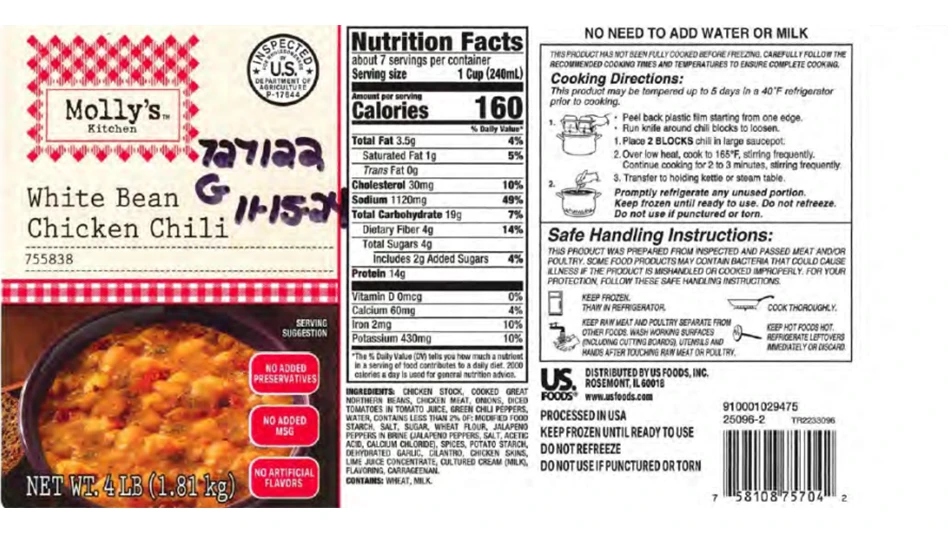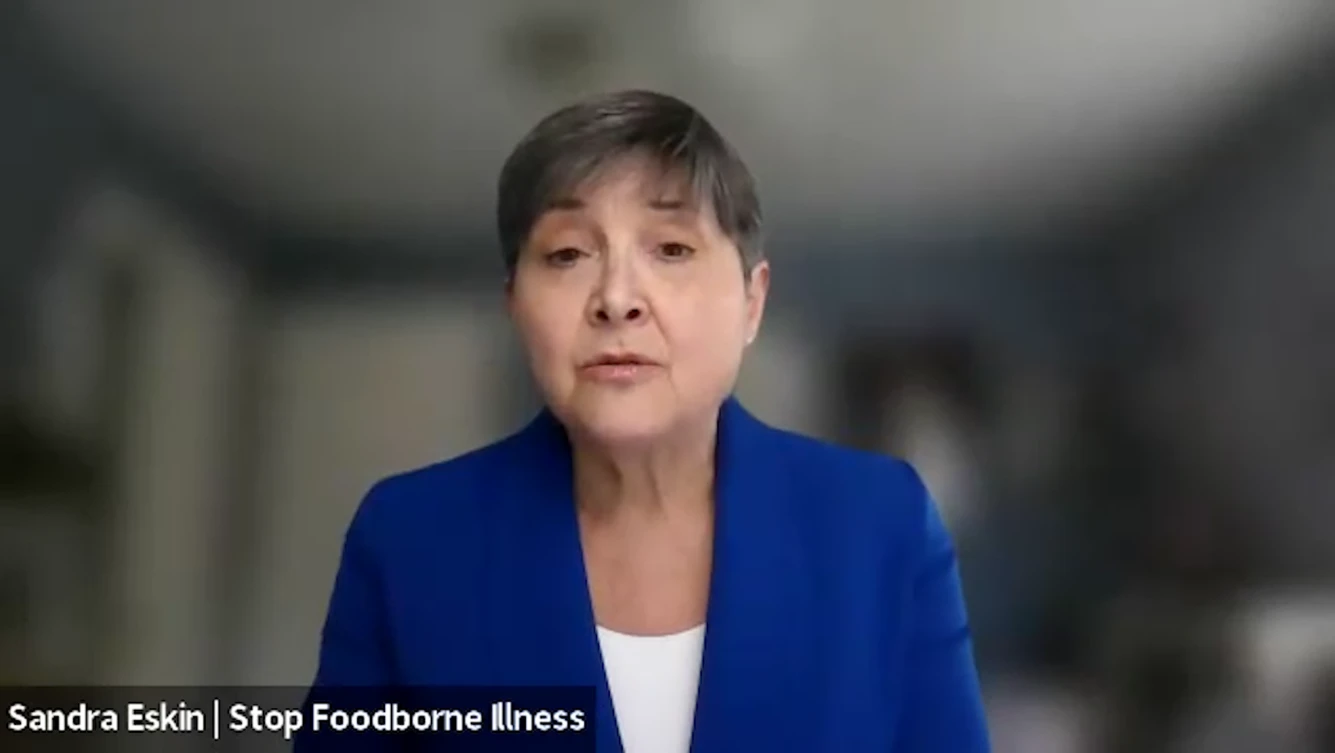Has the economy impacted food safety in your plant?
And even if it has, are you willing to say so openly? Probably not if you value your job.
Food producers are riding a fine line between increasing food safety costs and declining sales as consumers attempt to thwart the economy by changing buying habits to eschew luxury foods and name brands in favor of staple goods, generics and private labels. And they’re watching their pennies closely in even these scaled-back purchases.
While there are some food producers who can unilaterally say that no concessions are being made in food safety or quality, most are feeling the impacts of the economy in one way or another — in personnel layoffs or a hiring freeze; budget cuts or a spending moratorium; ingredient changes or supplier haggling; or simply the intense questioning of every dollar requested.
And it’s not expected to get better in the near future. As recently posted by Richard Berner, managing director, co-head of global economics and chief U.S. economist, in Morgan Stanley’s online Global Economic Forum, “American consumers are retrenching, and we expect the downturn will be deep, will last until mid-2009, and the following recovery will be tepid.”
At the same time, the Government Accountability Office (GAO) has identified “revamping oversight of food safety” as one of 13 urgent policy concerns that require immediate focus from the transition team and new administration.
It is a difficult time for food companies concerned about safety but controlled by the dollar. Tom Johnson, owner and CEO of Johnson Commercial Agents and Johnson Diversified Products, has worked with industry associations, government agencies and major producers in various legal, technical, advisory and consultative capacities. Being an inside outsider, Johnson has not only developed big-picture insights and industry-spanning knowledge, he can afford to lay it on the line, as he says, with no fear of retribution. His lay-it-on-the-line take on the industry situation:
“Food safety may have been sold to the CEO originally when the economy was good. Now food safety is on the chopping block along with all the other activities that a company is involved with as they revise their budget. … I’m very sympathetic to the quality assurance managers who are trying to wear two hats and be food safety. I know they’ve done their level best to convince senior managers that they need to put more money into food safety, but I also feel the pain of the chief executives in not knowing what else to do.
“Companies are running so close to empty, they’re running so close to bankruptcy that they’re making tough decisions and they’re playing Russian roulette with public health. … If they go too far in trying to survive, and they compromise public health and safety, then (the lawyers are) going to take their company away from them one day. But when they reach that day and the company is gone because of food-borne disease outbreak, they’re going to look back and say, ‘What choice did we have? If we hadn’t cut those costs, we would have died in bankruptcy court.’”
It is a dilemma that is not easy to solve, and is one that even the most principled of executives and managers are facing. If your plant has not yet had to ask itself the tough questions, it may be expedient to play “what if,” to determine how you will continue to pay for food safety should your company reach that tipping point; to prepare yourself for what Berner describes as an estimated plunge in real consumption that is likely to be “the most severe and longest in the postwar period.” QA

Explore the December 2008 Issue
Check out more from this issue and find your next story to read.
Latest from Quality Assurance & Food Safety
- Boston Sword & Tuna Protects Seafood Safety with Mettler-Toledo Metal Detectors
- IFT Releases New Resources to Aid Food and Beverage Industry in Sugar Reduction
- Yum! Brands CEO David Gibbs to Retire in 2026
- Penn State Extension Offers Short Course on Food Microbiology and Safety for Food Plant Workers
- Johnsonville Recalls Cheddar Bratwurst Due to Possible Plastic Contamination
- Cabot Creamery Butter Recalled Due to Possible Fecal Contamination
- USDA Delays Salmonella Testing Program for Breaded Stuffed Chicken
- FDA Extends Comment Period on Poppy Seeds to June 16





